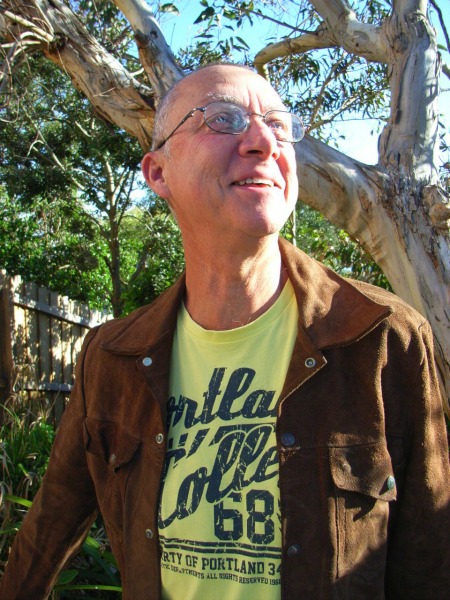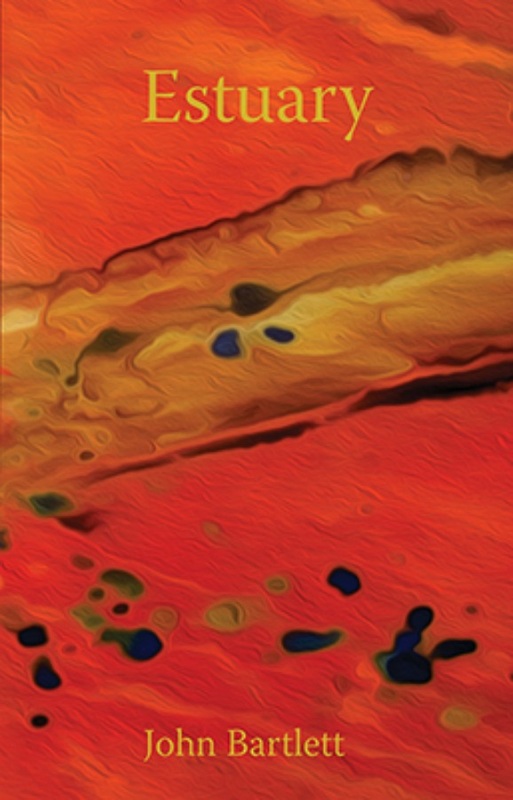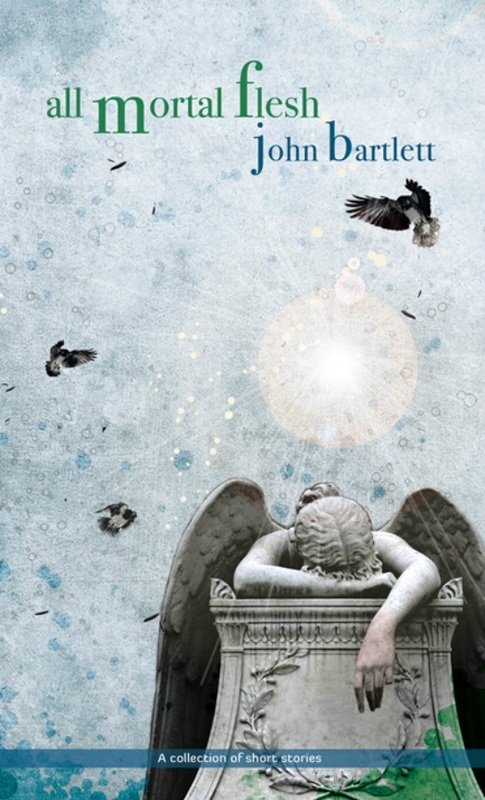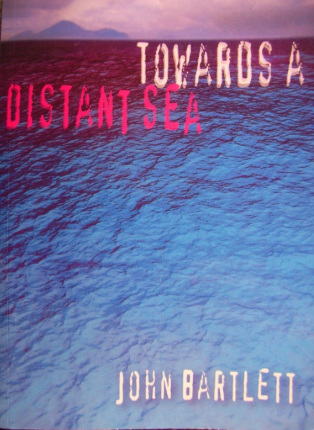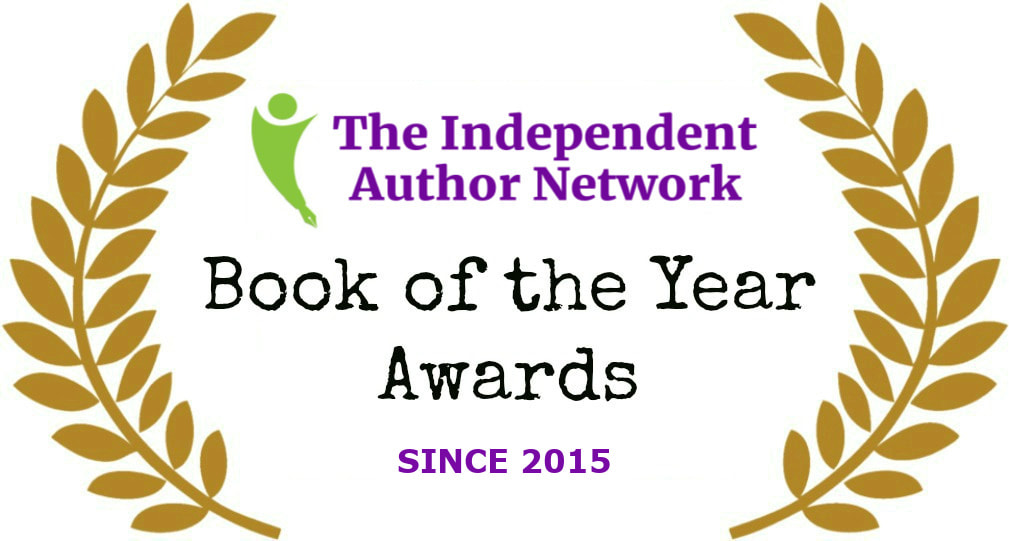John Bartlett
|
John Bartlett discovered writing at the age of 11 when Sister Benedict reprimanded him for using ‘big words’. Despite this ecclesiastical condemnation, he went on to pursue a career in the Catholic Church, becoming a priest and working in the southern Philippines for 10 years. During these years he was immersed in life and culture of the Philippines, and it was the violence, corruption, injustice and Filipino heroism he experienced there that inspired John’s first novel, Towards a Distant Sea, which was published by Indra Publishing in 2005.
After discovering he had more in common with A C Grayling than Thomas Aquinas, John left the church and tried his hand at a number of jobs – kitchen hand/waiter, movie extra, masseur, teacher and funeral assistant (for two days). Perhaps to disprove Sister Benedict’s admonition, in 2000 he returned to writing in earnest, and his features and stories soon became widely published in Australian newspapers and magazines. John’s earlier human rights work with poor tenant farmers in the Philippines intensified his interest in the world of ‘outsiders’, of people who feel they don’t quite fit into normal society. Much of John’s early published writing examined the worlds of asylum seekers and people exploring their religion and sexuality. According to former High Court judge Michael Kirby – his stories are ‘about the impact of repression on the human spirit – and the way, despite all odds, humanity struggles endlessly against worldly authority.’ In 2009 John self-published All Mortal Flesh, a collection of stories exploring a range of characters exemplifying the frailties and quirkiness of the human condition. ‘The hallmark of these stories’, according to one commentator, was ‘their compassionate lack of sentimentality. They have the sophisticated smoothness of a writer who is in command of his art. There is a raw honesty about them that never degenerates into didacticism and the balance between morality and mortality (or perhaps it’s humanity and humanism) is maintained with a wisely observant eye.’ (Pamela Hewitt) |
EstuaryFiction
Estuary is a story stretching from Victoria’s goldfields to South Australia's Coorong linking the lives of Leila, a prominent Adelaide artist and her nephew Seth who must face secrets of his family history with deep and disturbing resonances stretching from the early history of South Australia and Victoria. His meeting with a young Aboriginal man awakens feelings he had long resisted. The biggest story to come out of the Coorong since 'Storm Boy' Estuary is 'Storm Boy' grown up “With this remarkable novel John Bartlett has gifted us a story deeply engrained in the places that make us who we are. It is a story that confronts, teases and eventually shows us a new way of being, a better way of living together in a landscape bruised and scarred by time. Estuary is a story told with heart and a true sense of tenderness. (Tony Birch, author of Shadowboxing, Father’s Day & Blood“) Coming in late September |
All Mortal Flesh
|
Short stories
All Mortal Flesh too is peopled by characters with a raw honesty that never degenerates into didacticism and the balance between morality and mortality (or perhaps it’s humanity and humanism) is maintained with a wisely observant eye. A man diagnosed with cancer goes on a flower-buying spree while a sculptor is seduced by and elopes with his own statue. A girl makes the most of an encounter with a UFO and a woman returns to her childhood home to search for a vanished father. A man modelling for an artist gets more than he bargained for and a country boy looks for love in the big city. ‘John Bartlett's voice is stylish and unusual, addressing provocative subject-matter with lyrical, poetic prose’. Cate Kennedy, award-winning short story writer. |
Towards a Distant SeaFiction
'Towards a Distant Sea' is a semi-fictional work which tells the story of Paul a young Australian priest who goes to the Philippines during the Marcos years and, against the background of increasing violence and injustice, is compelled to face his own shadows and question many of his beliefs and principles. By the time of the 1986 revolution that forced Marcos into exile, Paul is back home in Australia, trying to come to terms with what he has experienced and the decisions and actions he has taken. Towards a Distant Sea immerses the reader in a life, which is half dream and half reality: facing demons of madness, sexuality and self-doubt. Towards a Distant Sea deals with life’s perennial issues—power, corruption, violence, sex and religion. |

